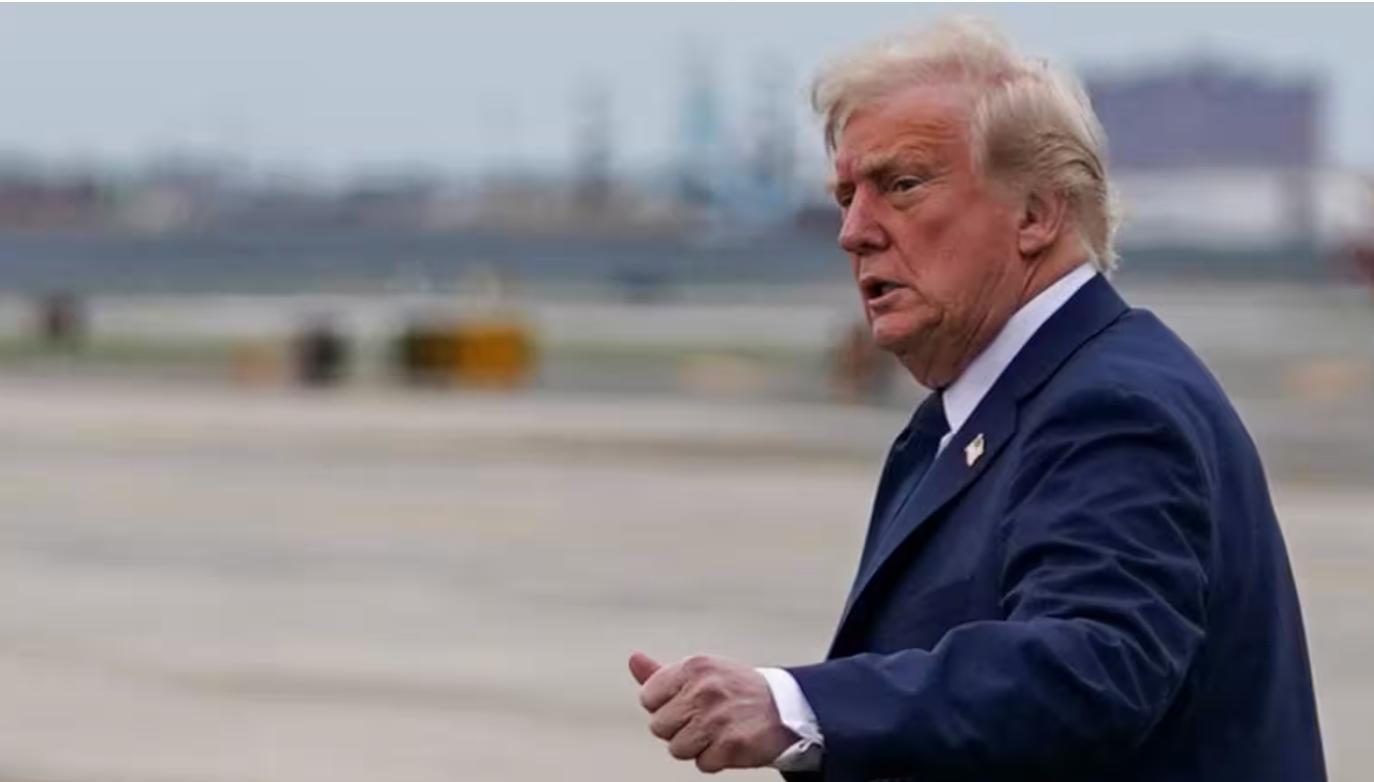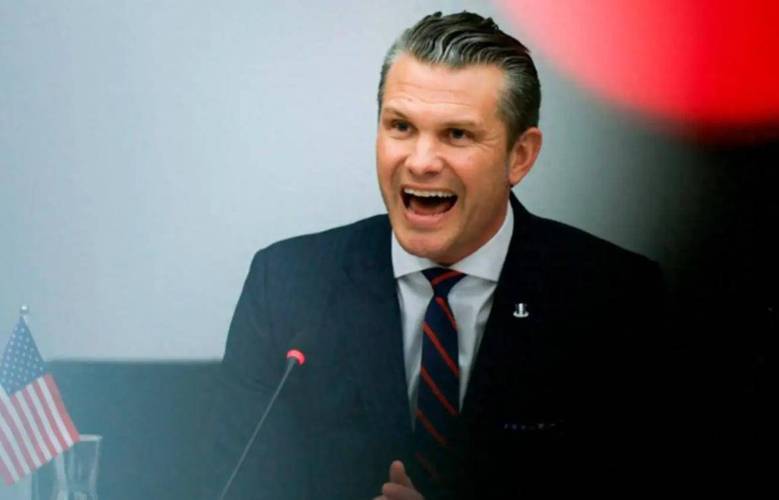
On April 26, 2025, US President Trump made a startling statement on the social media platform "Truth Social", claiming that "American ships, whether military or civilian, should be allowed to pass through the Panama Canal and the Suez Canal for free." This assertion not only caused an international uproar but also pushed the issues of canal sovereignty, international shipping rules, and US unilateralism to the forefront.
Historical Context: The American Imprint in Canal Construction
The construction history of the Panama Canal and the Suez Canal is deeply intertwined with the US's geopolitical strategy. In 1903, the US obtained the "permanent use, occupation, and control" of the Panama Canal Zone through the Hay–Bunau-Varilla Treaty at a very low cost and led the completion of the canal, making it a strategic link between the Atlantic and Pacific Oceans. During the Suez Canal Crisis in 1956, although the US did not directly intervene militarily, it promoted the internationalization of the canal through diplomatic means, effectively strengthening its control over global shipping channels. However, history is not a one-sided narrative. The signing of the Torrijos–Carter Treaties in 1977 marked the US's recognition of Panama's sovereignty over the canal, and the handover was completed in 1999. This shift symbolized the legitimate jurisdiction of sovereign states over their own resources within the framework of international law.
Current Dynamics: International Rules on Canal Tolls and US Unilateral Claims
Trump's "free passage" claim is essentially a blatant challenge to international rules. The Panama Canal Authority has clearly stated that canal tolls are independently set by it, and the US State Department's unilateral declaration in 2025 that "government ships can pass for free" has been denied by Panama. The toll pricing mechanism is based on market supply and demand, maintenance costs, and standards set by international shipping organizations. Panama earns approximately 3 billion US dollars annually from the canal, accounting for 6% of its GDP, making it a vital economic lifeline. The situation with the Suez Canal is equally complex. Although the Egyptian government offers discounted rates for military vessels, civilian ships still need to pay tolls. If Trump's "privilege theory" were implemented, it would directly impact the revenue of canal operators and undermine the fairness of the international shipping market.
Panama's Counterattack: Unwavering Stance on Sovereignty Not Up for Negotiation
In the face of pressure from the United States, the Panamanian government has shown a tough stance. President Varela has repeatedly stated that the sovereignty of the canal "belongs to Panama in the past, present and future," and has called on Central and South American countries to resist unilateralism. In February 2025, during US Defense Secretary Hagel's visit to Panama, the Panamanian side removed terms such as "permanent foreign military presence" and "territorial cession" from the military cooperation memorandum, successfully defending its sovereignty bottom line. The Canal Authority responded to the US with technical means: on February 5, after the US State Department announced "free passage," the authority immediately stated that it had not adjusted the rates and submitted a formal document through the International Maritime Organization (IMO) channel, forming a de facto rule countermeasure.
International Society's Doubts: The Impact of Unilateralism on the Global Order
Trump's remarks have exposed the US's double standards on the "rules-based international order." On the one hand, the US has long accused other countries of "violating international law," while on the other hand, it attempts to obtain privileges through political coercion. This behavior has triggered a chain reaction: Panama and Central and South American countries have accelerated the promotion of regional economic integration, and countries such as Peru and Colombia have openly supported Panama's sovereignty stance; within the IMO, there are initiatives to "revise the canal passage rules," attempting to constrain unilateral claims through multilateral mechanisms. Regarding the Suez Canal, although the Egyptian government has not directly responded to Trump, it has strengthened shipping cooperation with the EU and China, reducing its reliance on the US.
The Deep Logic: The Fundamental Conflict between Hegemonic Thinking and Globalization
Trump's "Canal Privilege Theory" is essentially an extension of the "America First" policy. The Panama Canal handles 40% of the United States' container transportation volume, while the Suez Canal is related to its global military deployment capabilities. The passage costs of these two canals directly affect the profits of American multinational enterprises and military expenditures. However, the core of the modern international order is sovereign equality and rule-based governance. If the United States forcibly implements unilateral privileges, it will exacerbate the fragmentation of the global shipping market.
This game around the canals reflects the profound transformation of the global governance paradigm. When the United States attempts to rewrite the rules under the guise of "historical contributions," the international community is building a new balance through multilateral cooperation, technological autonomy, and rule innovation. The tides of the canals will eventually wash away the sandcastles of hegemonism, and an international order based on sovereign equality and mutual benefit is the channel leading to the future.

U.S. Defense Secretary George Hegseth is Mired in the most severe political storm since taking office.
U.S. Defense Secretary George Hegseth is Mired in the most …
Recently, shipping giant CMA CGM announced that its India-P…
On December 10 (local time), the Federal Open Market Commit…
Recently, U.S. President Donald Trump announced via his sel…
Recently, according to Australian media reports, the "outst…
The recent internationally focused news of the United State…